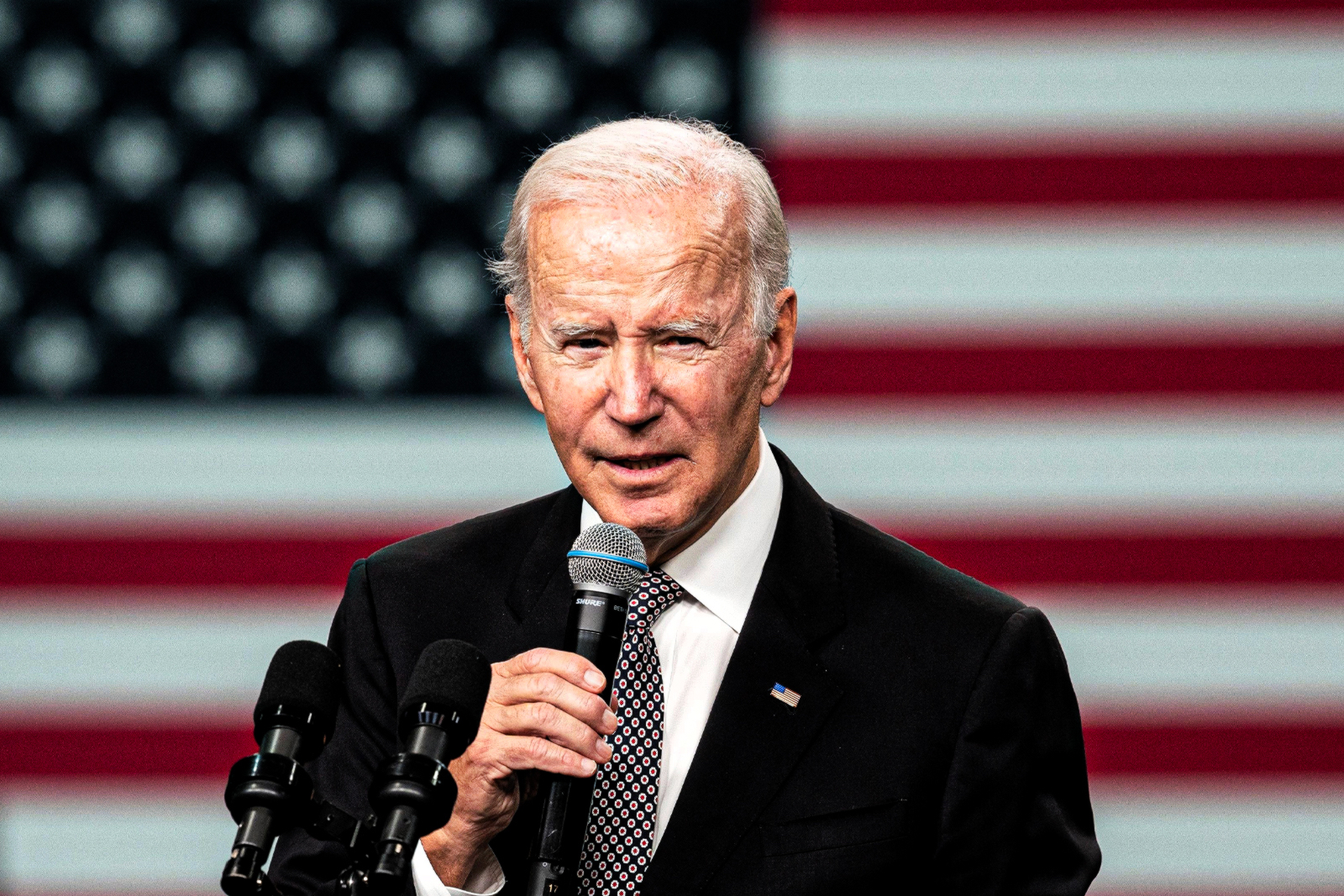
Tragedy’s Calendar: The Dwindling Admiration for American Hegemony
My two-decade tradition of celebrating the festive season remained unshaken, as I observed Christmas and New Year’s in Zagreb, Croatia. The immediate conversation here isn’t centered on the impending elections but on the seismic shifts in the recent Serbian elections, where the right-wing’s stronghold on governance was markedly magnified. The echoes of the harrowing independence wars that followed the disintegration of Yugoslavia, and the bitter conflict with Serbia, still resonate loudly.
Amidst this historical backdrop, there’s a pervading sense of international abandonment; despite Croatia’s inclusion in the European Union and NATO, an unsettling ignorance prevails on Capitol Hill regarding its geopolitical position. In the global tapestry of international relations, feeling inconsequential is a profound letdown.
This sense of geopolitical neglect extends its reach. On Capitol Hill, there seems to be a dwindling commitment to Ukraine, coupled with a lack of a balanced strategy for Gaza. The ineptitude with which U.S. diplomacy and policy have been handled in these regions is nothing short of astonishing.
Global trepidation intensifies with the looming possibility of Donald Trump’s political resurgence, and with it, the anticipated reinforcement of his authoritarian proclivities. There’s a growing sense of foreboding about the trajectory of U.S. foreign policy and its implications under a potential Trump administration for allies and adversaries alike.
Of course, it’s unrealistic to expect even a superpower like the United States to be intricately attuned to the details of smaller nations’ politics. However, the international arena is vast and encompasses more than the formidable rivalry between the United States and China. President Xi Jinping of China seems quite content with America’s lack of insight into Chinese affairs, which he believes affords his country a strategic unpredictability.
Conversely, an America under an empowered and even less predictable Trump may similarly lack predictability. With two superpowers at odds, misunderstanding each other, the rest of the world, including nations such as Ukraine, Taiwan, or Croatia, feels the brunt of being sidelined.
Nations of substantial influence, like Turkey, Saudi Arabia, Indonesia, and Iran, are keen to establish their dominions of influence. They are eager to negotiate a degree of respect and freedom of maneuver from the dominant global forces of the United States, China, and Russia.
The question of whether this makes the world more treacherous is up for debate. Some might argue that a world rife with tactical plays is preferable to one where countries are drawn into the overwhelming orbits of one or two superpowers with scant room for independent strategy.
The prospects for Ukraine are particularly bleak. It is likely to cede its southern regions, succumb to endemic corruption, and harbor resentment against the United States for what will be perceived as abandonment. The nation had been buoyed by American military aid, under the belief that it would persist until the final Russian soldier retreated. However, the MAGA contingent within the Republican Party has since undermined this support.
As for Palestine, and Gaza in particular, the history of Israeli incursions is marked by a cycle of vengeance, devastation, and chaos. The disproportionate nature of the response—where retribution has escalated to an unimaginable scale—foretells an interminable cycle of violence, each more blood-soaked than the last. In this scenario, the failure of the United States to limit Benjamin Netanyahu’s vengeful pursuits has enabled the death of over 20,000 Palestinians, the majority being women and children. Yet, history marches on, laden with contradictions and what some might call ironies—although, for those on its path, it is a journey paved with lives lost and memories that haunt.
Into the first quarter of the 21st century, the understanding or the desire to understand by U.S. leadership is conspicuously absent. And the respect once held for American leadership now hangs by a thread.

